DACA Applications Can Resume
By Frederica Freyberg | Here & Now
December 12, 2020
Director of the Immigrant Justice Clinic at the UW Law School Erin Barbato breaks down a recent Supreme Court ruling that allows applications to the DACA program to continue.
 Passport
Passport




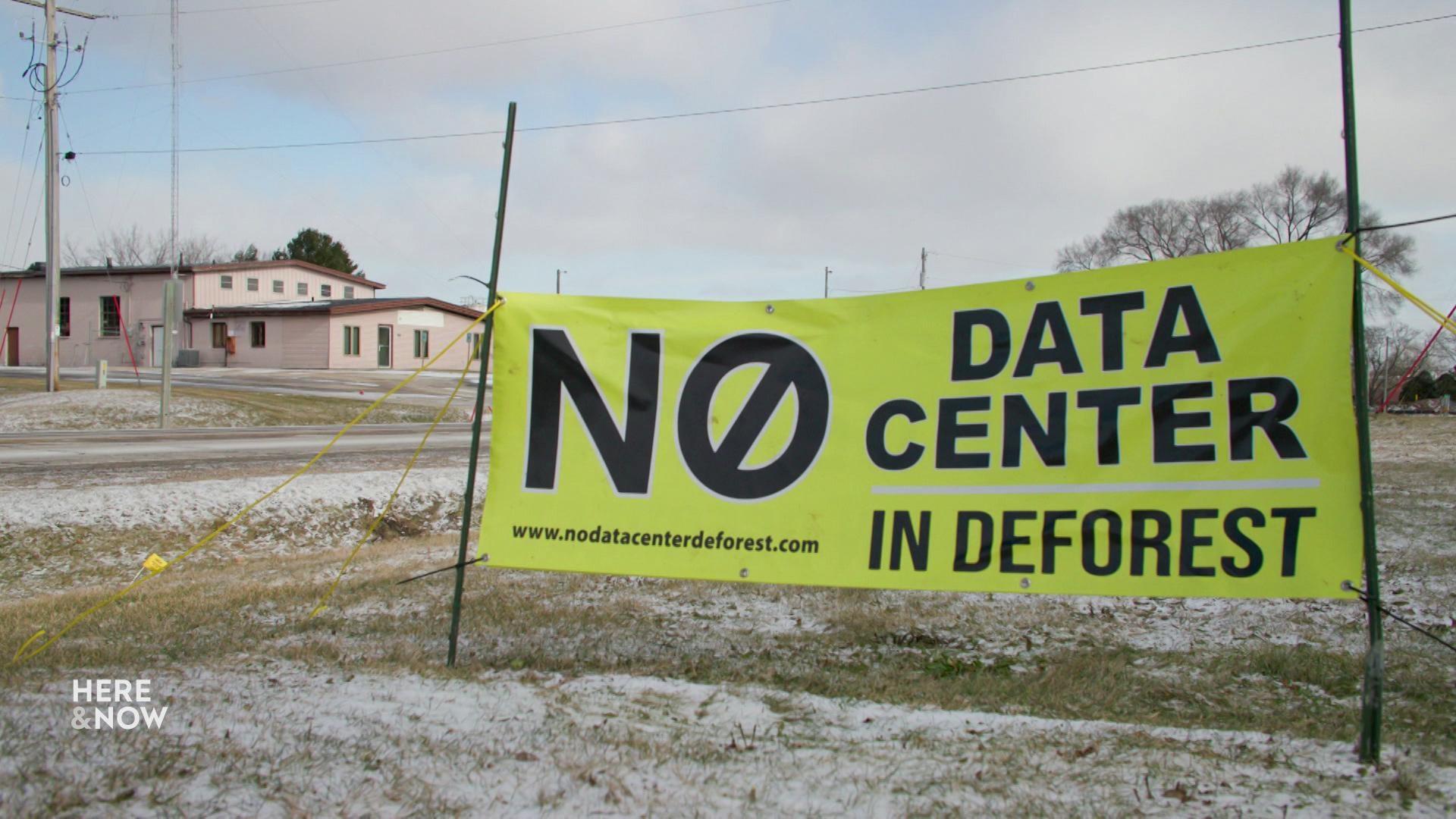

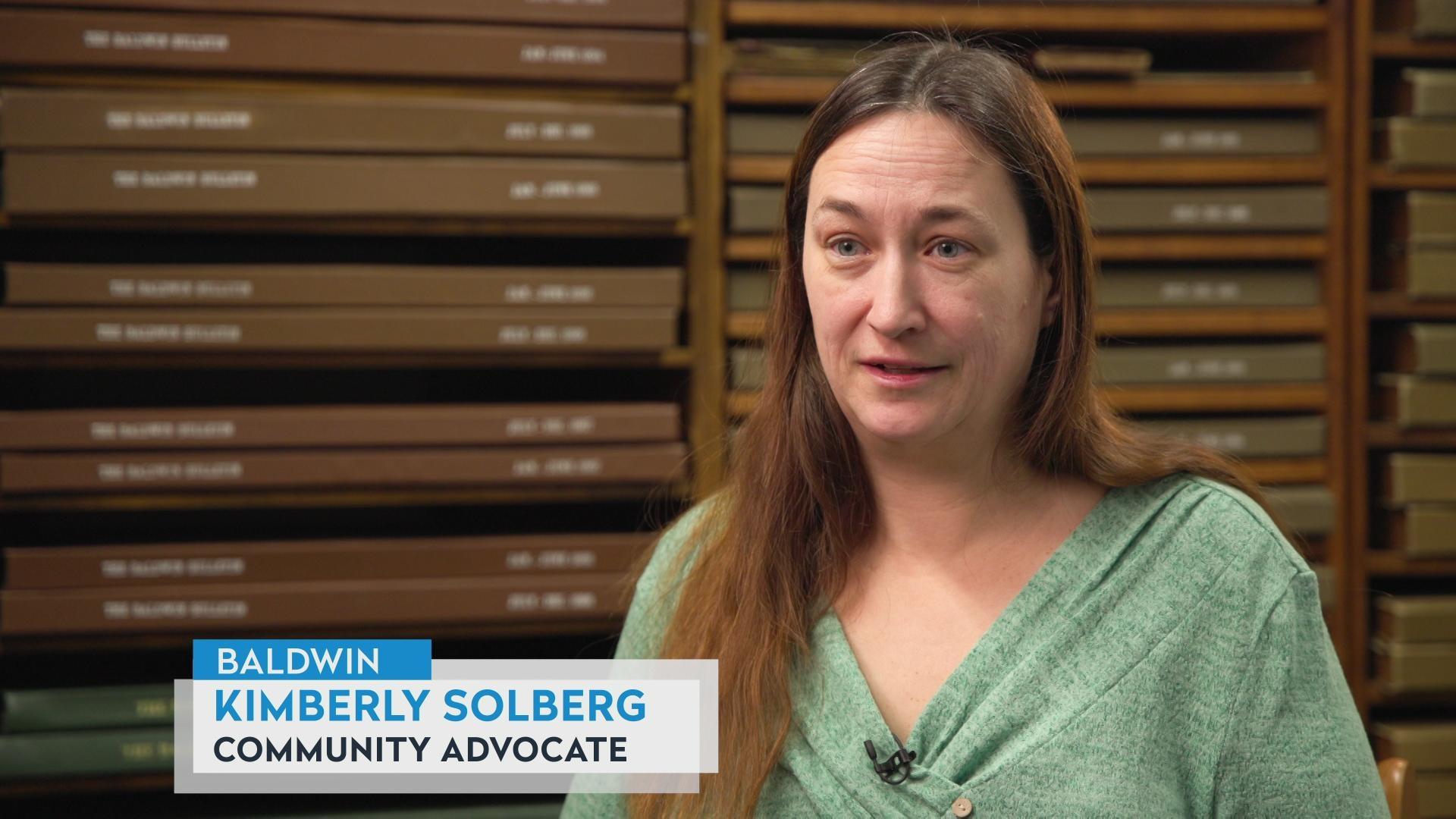
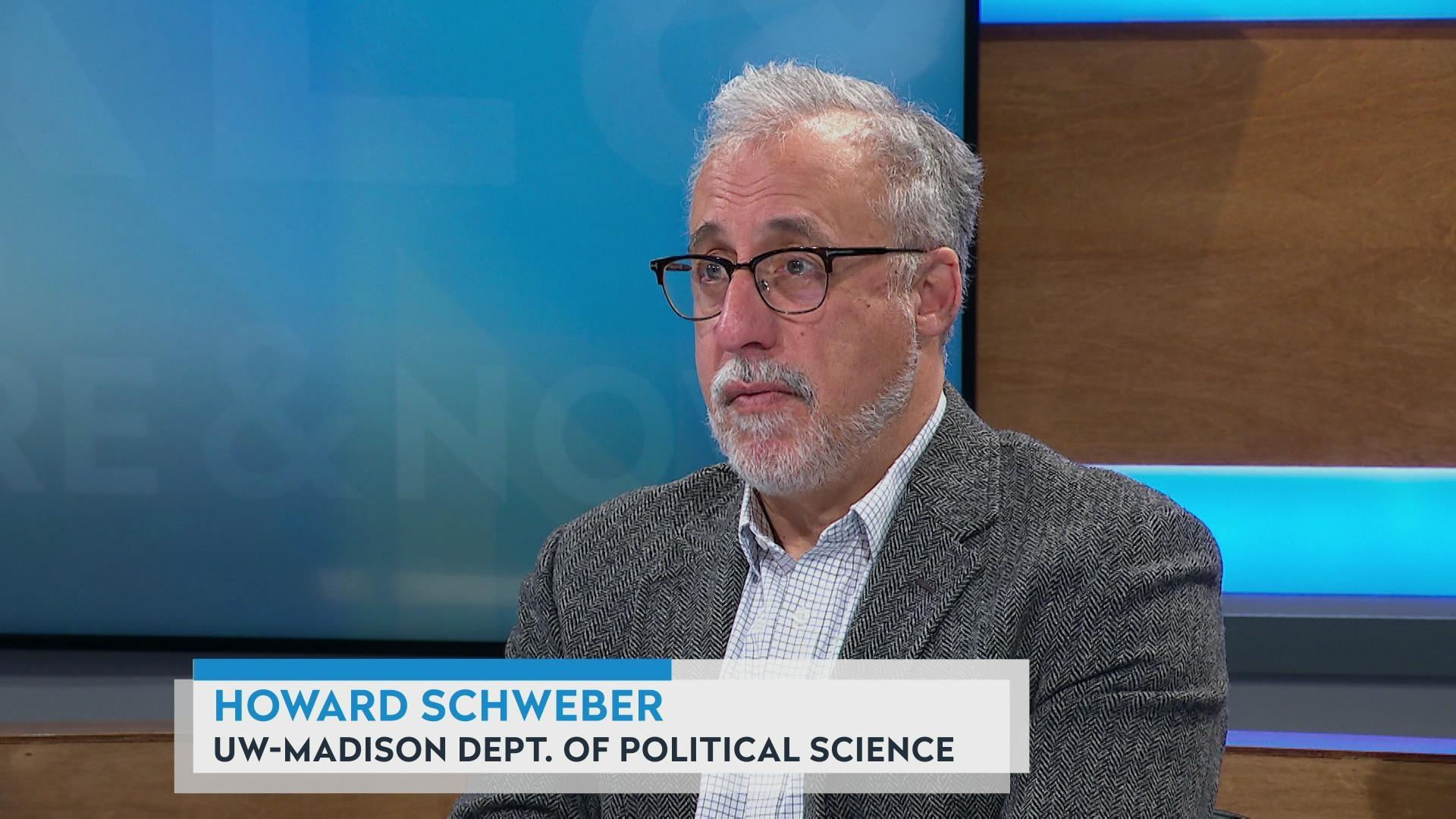
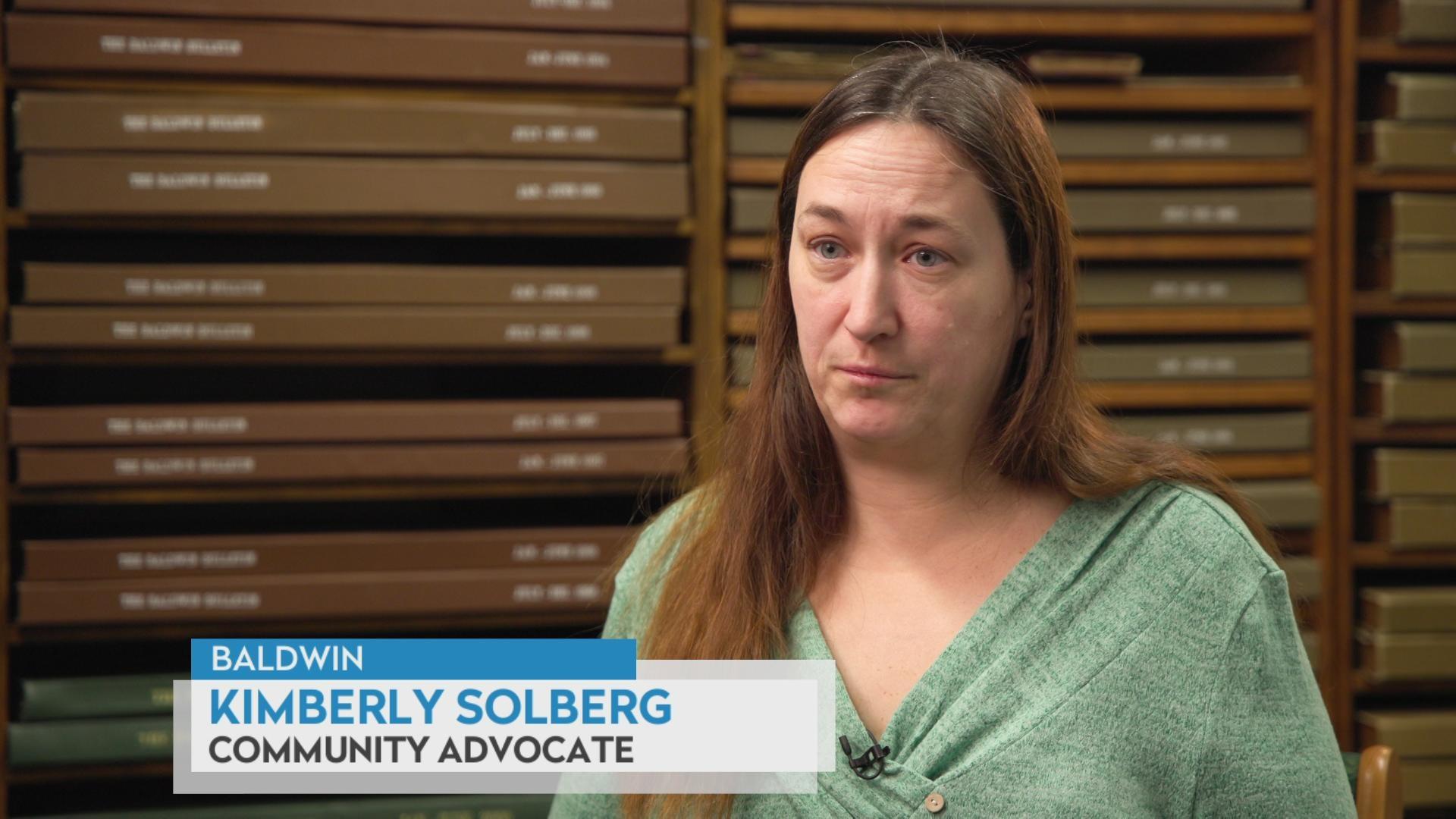
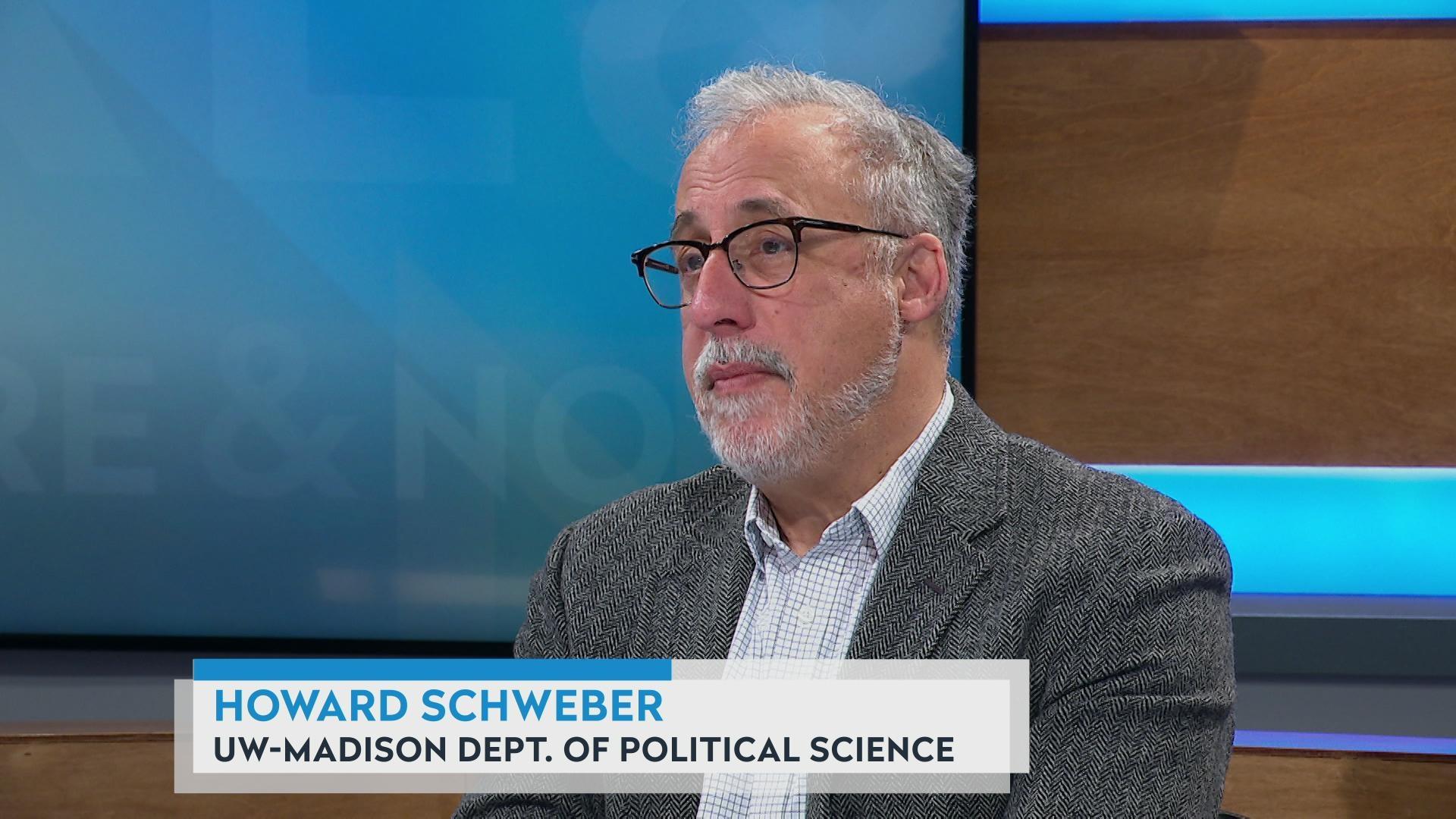

Follow Us